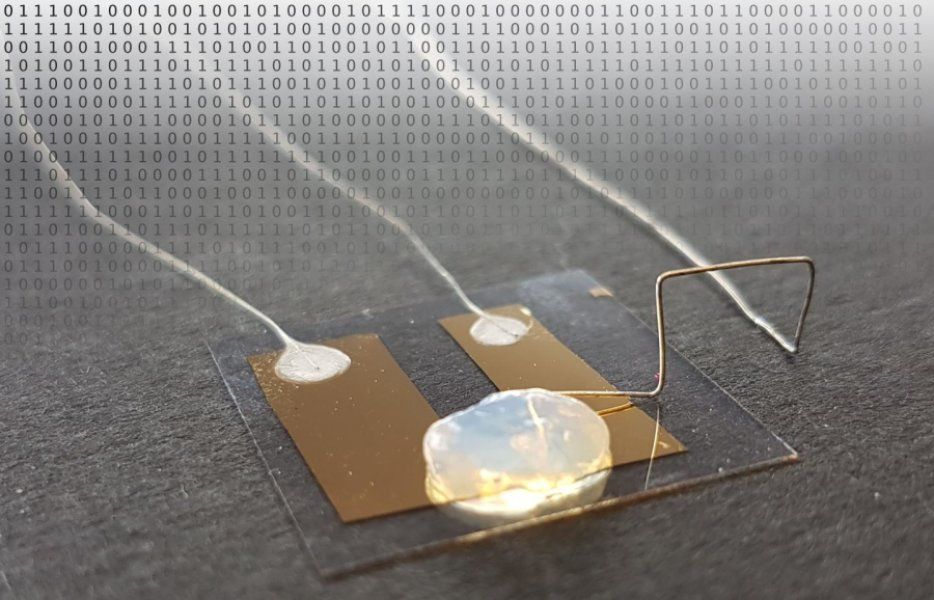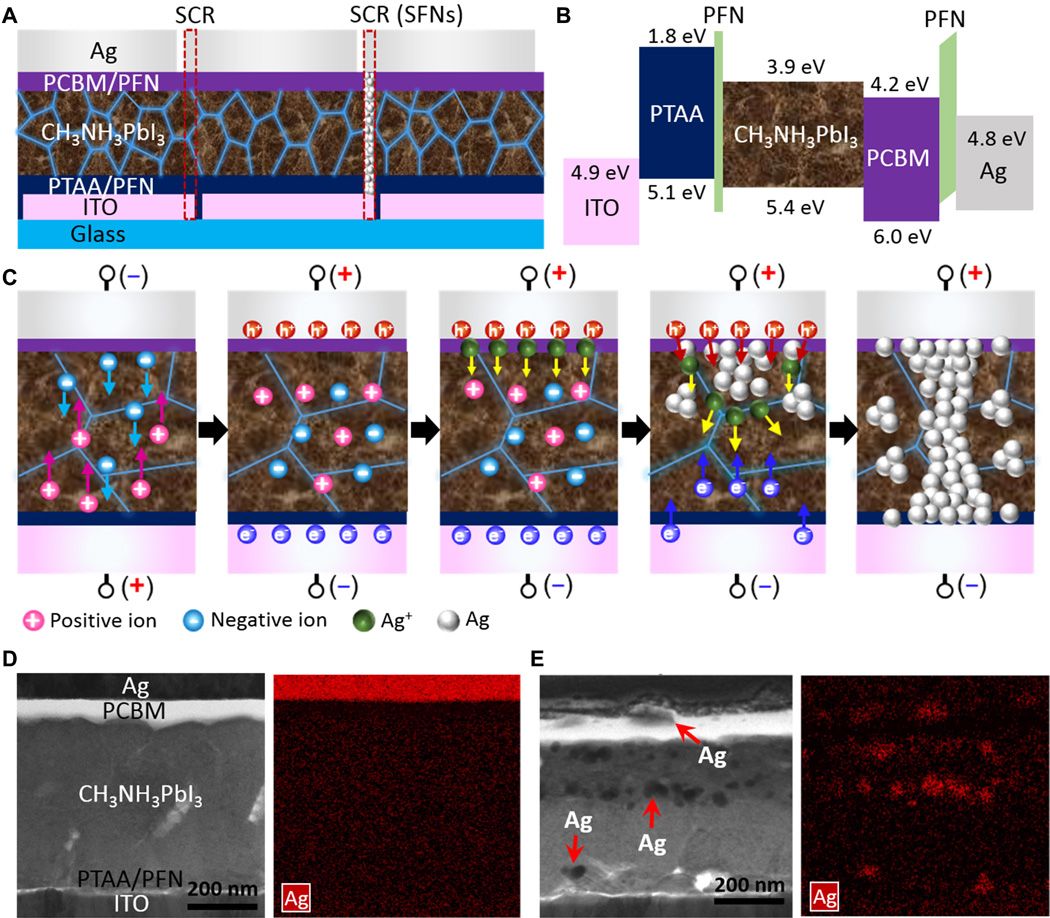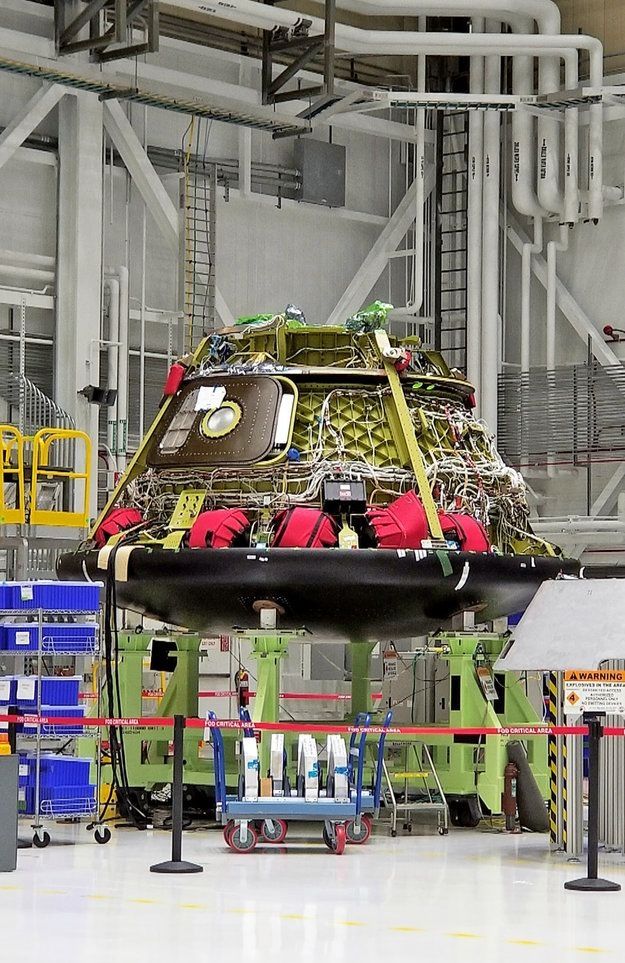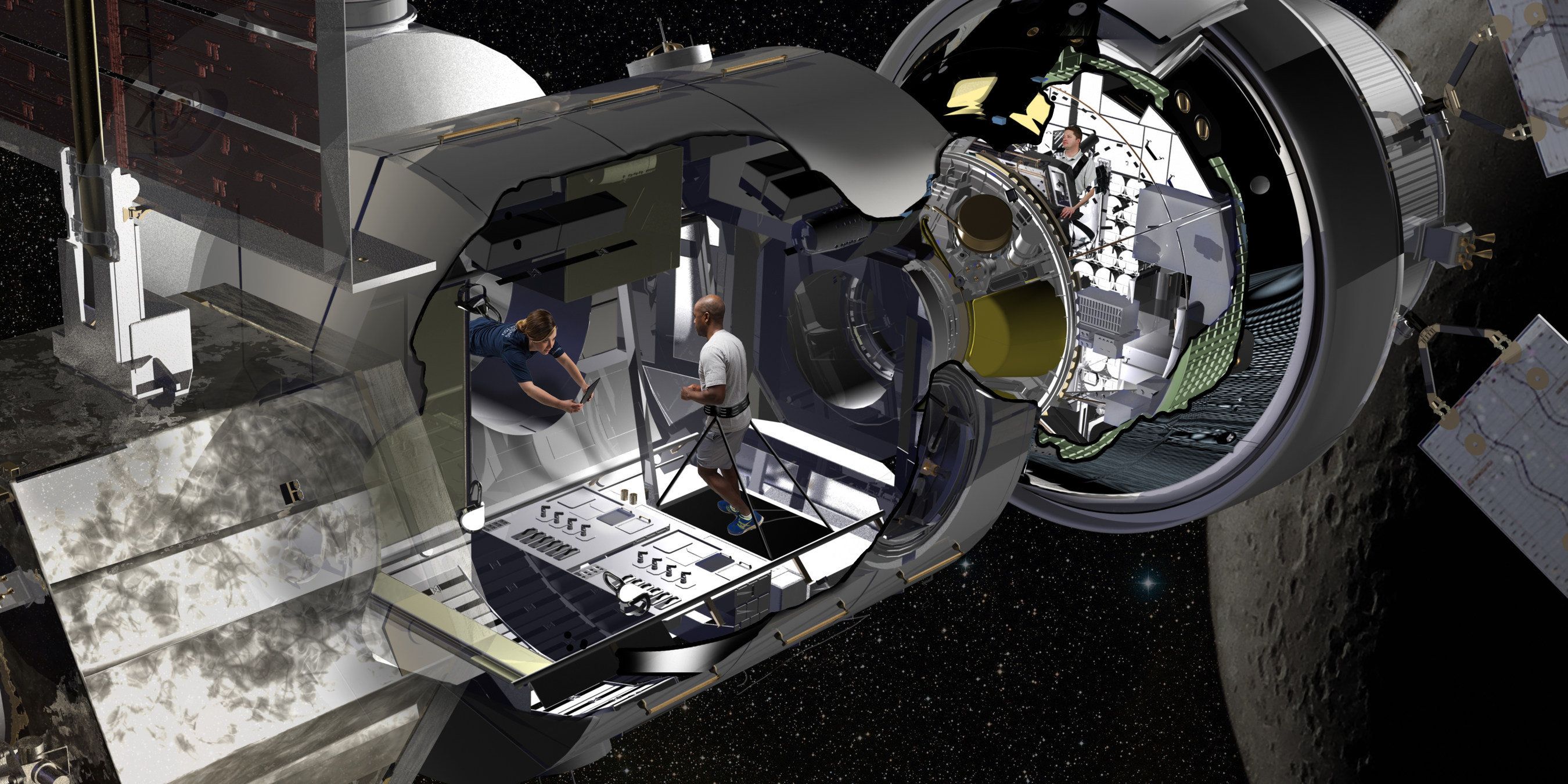Astronomers have found iron and titanium in the atmosphere of the Jupiter-sized world KELT-9b, the hottest known exoplanet.
- By Hanneke Weitering, SPACE.com on August 18, 2018

Astronomers have found iron and titanium in the atmosphere of the Jupiter-sized world KELT-9b, the hottest known exoplanet.



Art is sometimes the easiest way of understanding the mysterious and unknowable.
The Art of Neuroscience competition, organized by the Netherlands Institute for Neuroscience, solicited entries from around the world to help “make the research from neuroscience labs more tangible…[and] for scientists to evaluate their own work from a different perspective.” The recognized entries come from practicing scientists presenting their work in creative ways as well as artists who have collaborated with scientists.
The work illustrates both the physical complexity of human brains—and the sensitivity of our mental conditions.

Realizing industrial-scale, large-area photovoltaic modules without any considerable performance losses compared with the performance of laboratory-scale, small-area perovskite solar cells (PSCs) has been a challenge for practical applications of PSCs. Highly sophisticated patterning processes for achieving series connections, typically fabricated using printing or laser-scribing techniques, cause unexpected efficiency drops and require complicated manufacturing processes. We successfully fabricated high-efficiency, large-area PSC modules using a new electrochemical patterning process. The intrinsic ion-conducting features of perovskites enabled us to create metal-filamentary nanoelectrodes to facilitate the monolithic serial interconnections of PSC modules. By fabricating planar-type PSC modules through low-temperature annealing and all-solution processing, we demonstrated a notably high module efficiency of 14.0% for a total area of 9.06 cm with a high geometric fill factor of 94.1%.
The unprecedented features of organic-inorganic hybrid perovskite semiconductors, which allow low-temperature crystal film growth from their precursor solutions, have greatly promoted both scientific and technological revolutions in a wide range of fields within electronics (1, 2). The advent of organolead trihalide perovskite semiconductors as light harvesters has resulted in the fastest-advancing solar technology to date, with an extremely rapid rise in power conversion efficiency (PCE) from 3.8 to 22.1% over just a few years (3–6). In addition to recent remarkable breakthroughs in addressing the instability of these devices, which has been considered the greatest challenge toward commercialization due to their intrinsic properties vulnerable to oxygen and moisture, pioneering researchers have begun fabricating large-area devices for their ultimate application (7–16).




A massive cylindrical habitat may one day house up to four astronauts as they make the trek to deep space.
Lockheed Martin gave a first look at what one of these habitats might look like Thursday at the Kennedy Space Center, where the aerospace giant is under contract with NASA to build a prototype of the living quarters.
Lockheed is one of six contractors—the others are Boeing, Sierra Nevada Corp.‘s Space Systems, Orbital ATK, NanoRacks and Bigelow Aerospace—that NASA awarded a combined $65 million to build a habitat prototype by the end of the year. The agency will then review the proposals to reach a better understanding of the systems and interfaces that need to be in place to facilitate living in deep space.